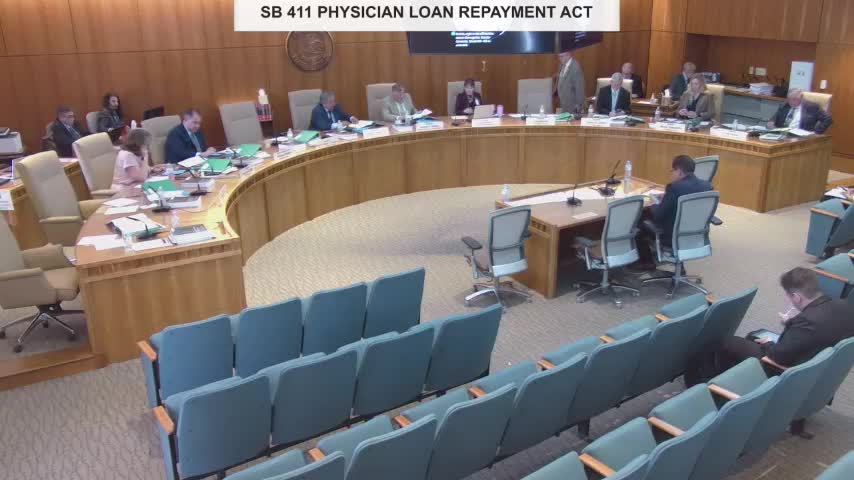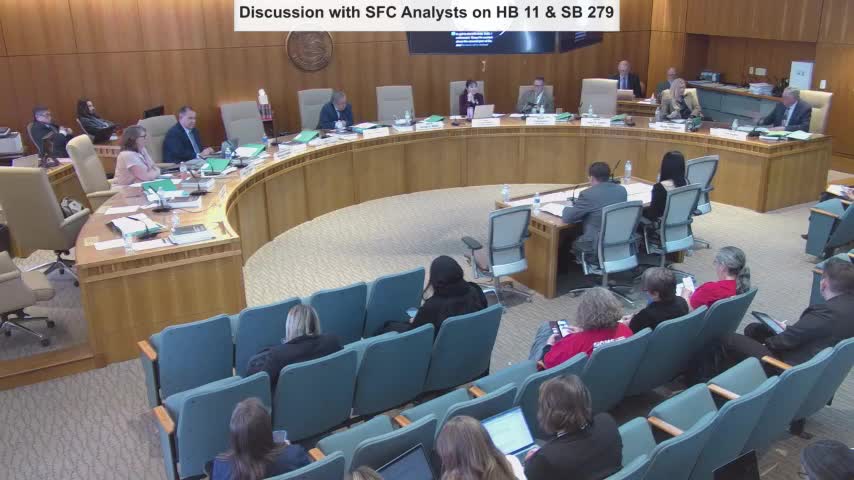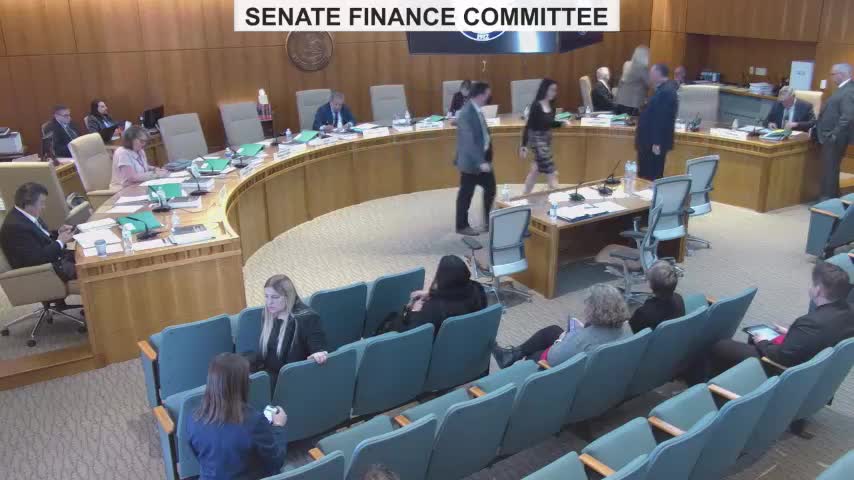Article not found
This article is no longer available. But don't worry—we've gathered other articles that discuss the same topic.

Committee advances bill to make interim courts/corrections panel permanent and adds subpoena authority; mixed debate over oversight use

Senate passes SB411 to create physician loan‑repayment program; committee amends appropriation

